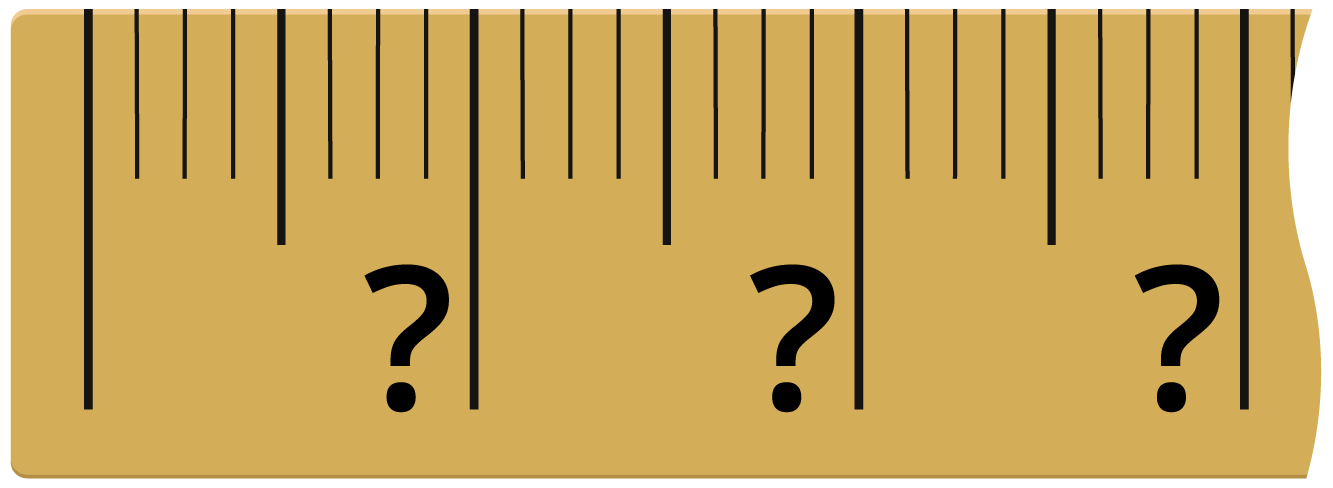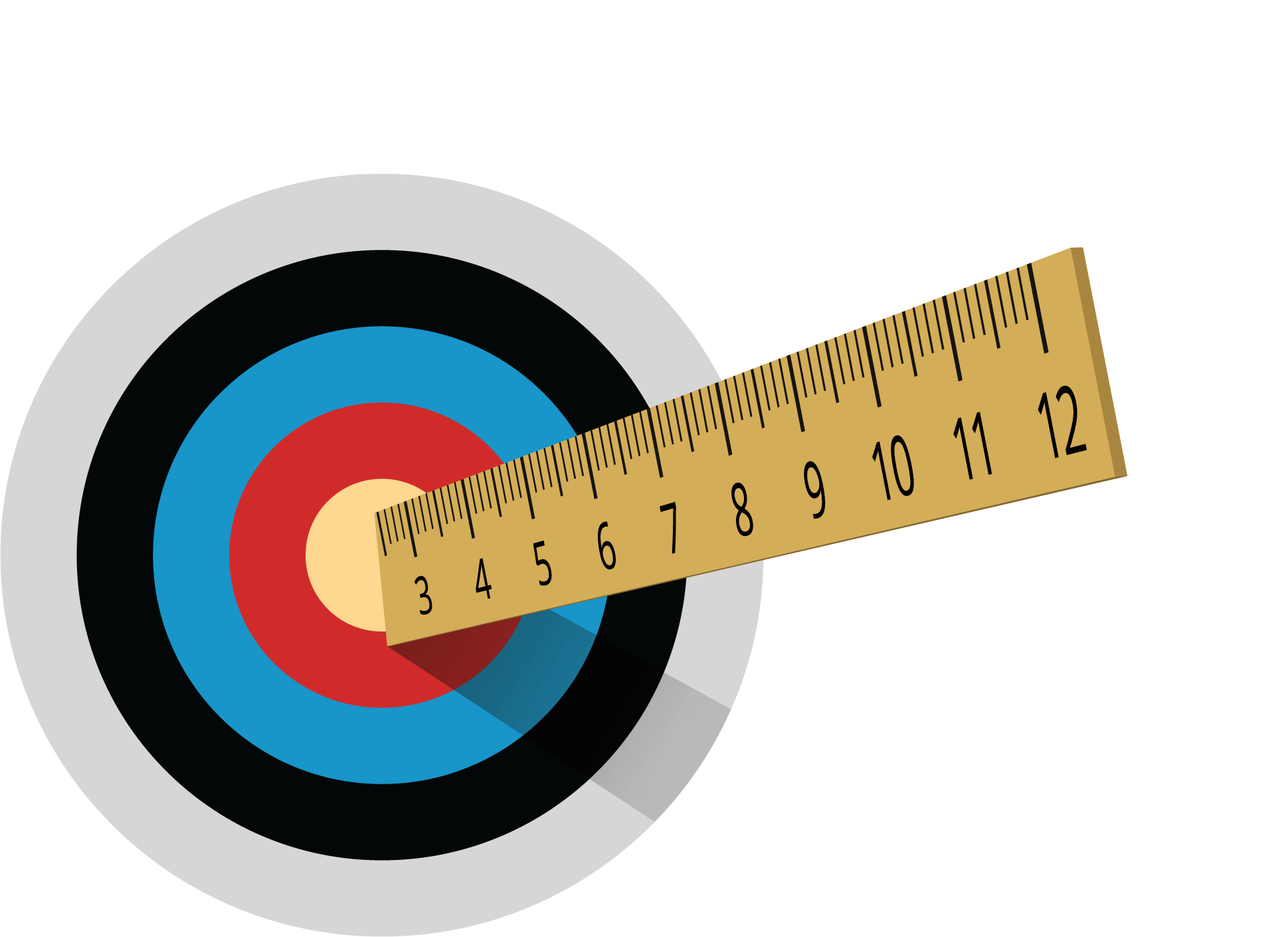Lesson 13
Center Day 2 (optional)
Warm-up: Number Talk: Use Ten to Add (10 minutes)
Narrative
This Number Talk encourages students to use what they know about place value and making a ten to find the value of sums mentally. The strategies elicited here will be helpful later in the lesson when students add two-digit numbers within 100. When students share how they look for ways to add by place and decompose addends to make a ten, they look for and make use of the base-ten structure of numbers and the properties of operations (MP7).
Launch
- Display one expression.
- “Give me a signal when you have an answer and can explain how you got it.”
- 1 minute: quiet think time
Activity
- Record answers and strategy.
- Keep expressions and work displayed.
- Repeat with each expression.
Student Facing
Find the value of each expression mentally.
- \(58 + 10\)
- \(58 + 12\)
- \(58 + 13\)
- \(67 + 14\)
Student Response
For access, consult one of our IM Certified Partners.
Activity Synthesis
- “How can you make a ten to find the value of \(67 + 14\)?” (67 needs 3 more to make 10. That 3 can come from the 4 ones in 14.)
Activity 1: Introduce Target Measurements, Inches and Centimeters (15 minutes)
Narrative
Required Materials
Materials to Gather
Materials to Copy
- Target Measurement Stage 1 Recording Sheet
Launch
- Groups of 2
- Give each group a recording sheet and access to centimeter and inch rulers.
- “We are going to learn how to play a new center activity called Target Measurements.”
- “In this center, you and your partner work together to draw a line that is as close as possible to a target length.”
- “When it’s your turn to draw, choose a length in inches or centimeters. If you choose inches, you cannot choose a length longer than 10 inches. If you choose centimeters, you cannot choose a length longer than 30 centimeters.”
- Demonstrate choosing a length.
- “If you are not drawing, your job is to watch the line and tell your partner to stop when you think the line they are drawing is the same length as the target measurement.”
- Select a student volunteer, or ask the class to be your partner. Demonstrate drawing a line segment using a straightedge.
- “Then both of you will measure the length of the line and find the difference between the actual length and the target length. The value of the difference is the score for the partner who said ‘stop.’”
- Demonstrate measuring the line and recording the target length, actual length, and difference in the place for Partner B on the recording sheet.
- “Take turns drawing. After 8 rounds, add up your scores. The partner with the lowest score is the winner.”
Activity
- 10 minutes: partner work time
- Monitor for students who attempt longer lengths and come close to their target measurement.
Activity Synthesis
- “Did anyone draw a line segment that was the same length as your target length? If not, how close did you get?”
- “What was your strategy when working with your partner to draw line segments that were as close as possible to your target length?”
Activity 2: Centers: Introduce Number Puzzles, Within 100 with Composing (25 minutes)
Narrative
The purpose of this activity is for students to learn stage 4 of the Number Puzzles center. Students use digit cards to make addition and subtraction equations true. They work with sums and differences within 100 with composing and decomposing.
After they participate in the center, students can choose to continue to play Number Puzzles or choose one of the estimation and measurement centers.
- Estimate and Measure
- Target Measurements
Required Materials
Materials to Gather
Materials to Copy
- Number Puzzles Digit Cards
- Number Puzzles Addition Stage 4 Gameboard
Required Preparation
- Number Puzzles, Stages 4
- Estimate and Measure, Stage 2
- Target Measurements, Stage 1
Launch
- Groups of 2
- Give each group a set of digit cards and a gameboard.
- “Now we are going to learn a new way to play the Number Puzzles center.”
- “In this stage, you use your digit cards to make each equation true. You may need to think about composing or decomposing a ten.”
Activity
- 10 minutes: partner work time
- “Now you can choose another center. You can also continue playing Number Puzzles.”
- 10 minutes: center work time
Student Facing
Choose a center.
Number Puzzles

Estimate and Measure

Target Measurements

Activity Synthesis
- “What did you like about the activities you worked on today?”